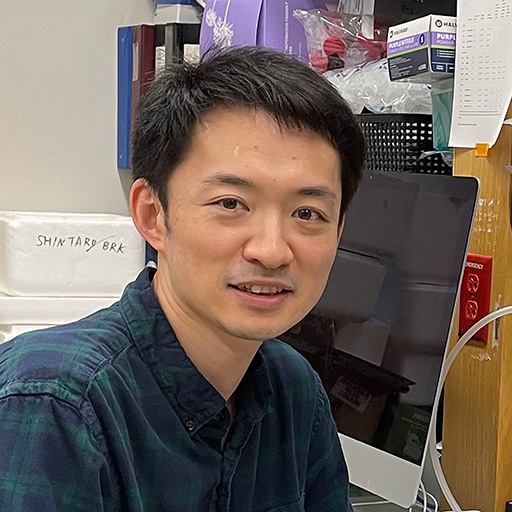Development of Gene Editing as a Permanent Cure for Wet AMD

About the Research Project
Program
Award Type
Standard
Award Amount
$185,000
Active Dates
September 01, 2020 - August 31, 2023
Grant ID
M2020247
Goals
Age-related macular degeneration (AMD) is a leading cause of blindness in the elderly. Still, current treatments for the “wet” form of AMD rely on frequent drug injections into the eye that are expensive and a burden for patients. This research proposal will address this healthcare crisis by developing a potential cure for wet AMD using a powerful gene-editing technology called “CRISPR.” This innovative gene-editing system can permanently change the genes that cause wet AMD, and can hopefully be used someday to save the vision of our aging population.
Summary
The purpose of our study is to test a new gene-editing technology called “CRISPR” to treat wet age-related macular degeneration (AMD). Unlike current wet AMD treatments, which require frequent eye injections that are invasive, costly, and a burden to patients, gene editing allows us to manipulate the genome and suppress the abnormal blood vessels that cause blindness in wet AMD. We will first design a virus that can safely and effectively deliver the CRISPR gene editing enzymes into the eye to inactivate the growth factor that leads to abnormal vessel growth in mice. Next, we will test the effectiveness of this approach in monkeys by injecting the virus into their eyes, then performing laser injury to simulate abnormal vessel growth similar to wet AMD in humans, to see if CRISPR-based gene editing can suppress these abnormal vessels and permanently eliminate the need for eye injections.
Finally, we will also carefully study the safety of gene editing by evaluating the risk of collateral damage from off-target mutations, as well as potential host immune responses that can inactivate the gene editing system. Together, our studies demonstrate a true “bench to benchside” adaptation of CRISPR-based gene editing from experiments in a test tube, animal testing in mice, and pre-clinical testing in primates. Importantly, the ability to permanently suppress these abnormal vessel growth factors will provide not just a treatment, but a true cure for wet AMD and similar retinal conditions that require eye injections. Once complete, our studies will provide a better understanding of using gene editing technology to eliminate the need for eye injections and a framework for human testing and clinical trials for curing wet AMD.
Grants
Related Grants
Macular Degeneration Research
Innovative Night Vision Tests for Age-Related Macular Degeneration
Active Dates
July 01, 2024 - June 30, 2027

Principal Investigator
Maximilian Pfau, MD
Innovative Night Vision Tests for Age-Related Macular Degeneration
Active Dates
July 01, 2024 - June 30, 2027

Principal Investigator
Maximilian Pfau, MD
Macular Degeneration Research
The Development of a Transplant-Independent Therapy for RPE Dysfunction
Active Dates
July 01, 2024 - June 30, 2026

Principal Investigator
Shintaro Shirahama, MD, PhD
The Development of a Transplant-Independent Therapy for RPE Dysfunction
Active Dates
July 01, 2024 - June 30, 2026

Principal Investigator
Shintaro Shirahama, MD, PhD
Macular Degeneration Research
Immune Cell Traps in Inflammation and Wet Age-Related Macular Degeneration
Active Dates
July 01, 2023 - June 30, 2026

Principal Investigator
Matthew Rutar, PhD
Immune Cell Traps in Inflammation and Wet Age-Related Macular Degeneration
Active Dates
July 01, 2023 - June 30, 2026

Principal Investigator
Matthew Rutar, PhD



